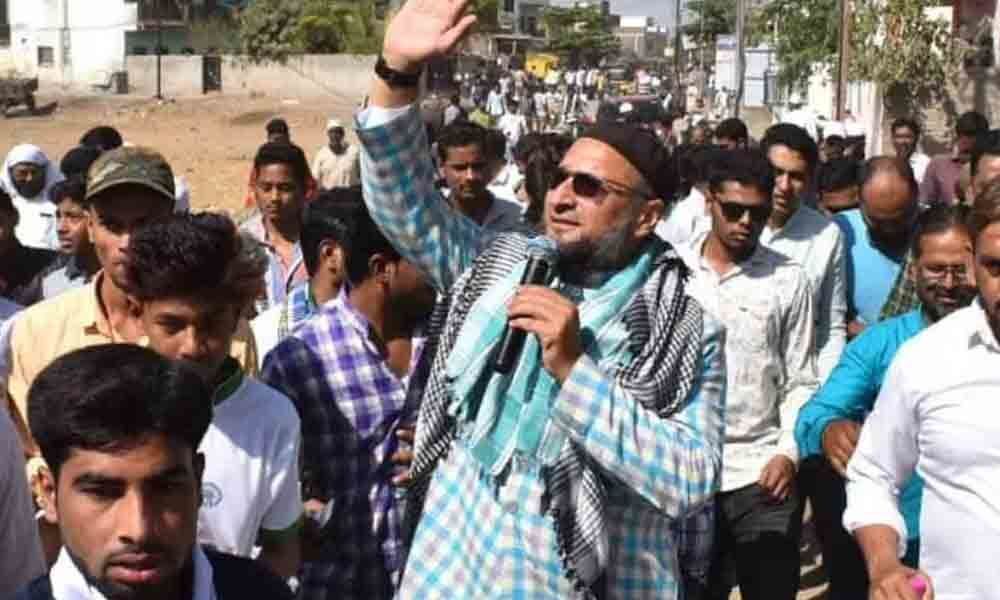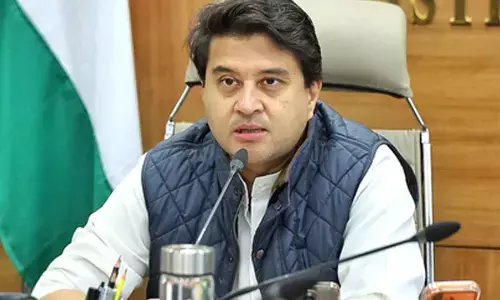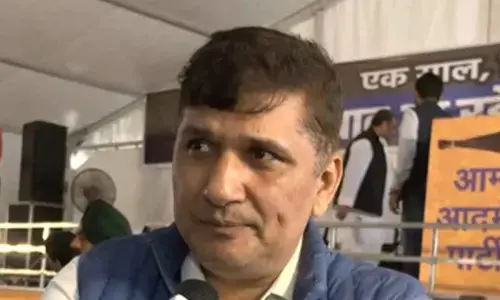Harvard grad uses data for grassroots governance

A Harvard postgraduate has launched a social enterprise, on a data-driven approach, to strengthen governance in rural areas by involving policymakers and elected representatives.
New Delhi: A Harvard postgraduate has launched a social enterprise, on a data-driven approach, to strengthen governance in rural areas by involving policymakers and elected representatives.
Swaniti Initiative, has designed a fellowship program, Supporting Parliamentarians on Analysis and Research in the Constituency (SPARC), to deliver development solutions across the country.
The fellows in the program work closely with the MPs across sectors such as agriculture, education, livelihood, renewable energy, social welfare, water, health and nutrition.
The organization has identified hundreds of government programmes which are difficult to map on progress, as the data involved isn't streamlined, and as a consequence, funds allocated for the schemes remain underutilized, and eventually, are returned to the state exchequer.
"At the very core of what Swaniti Initiative does is working with governance systems to improve public services," Rwitwika Bhattacharya, CEO, Swaniti Initiative, told development stories' online website, The Better India.
Rwitwika cited Building and Other Construction Workers (Regulation of Employment and Conditions of Service) Act, 1996, and the BOCW Welfare Cess Act, 1996, promises access to social benefits such as life insurance, health insurance and basic housing, to workers engaged in the construction industry. "However, according to the Labour Ministry, in the 22 years since this law was passed, governments have managed to spend only 35% of the corpus, resulting in nearly Rs 28,000 crore lying unused. How do we go ahead and make sure that a scheme is available to construction workers?" said Rwitwika.
The organization has identified the root of corruption in India - weak and scattered systems of governance. The system is incapable of tracking utilization of money for various public schemes at the district and panchayat level.
Citing the success of its model, Rwitwika mentioed about the strategic response, her organization developed, on the issue of unemployment in Pindar Valley, Uttrakhand, where nearly 700 people involved in building a network of community parks with a budget of Rs 70 lakh.








